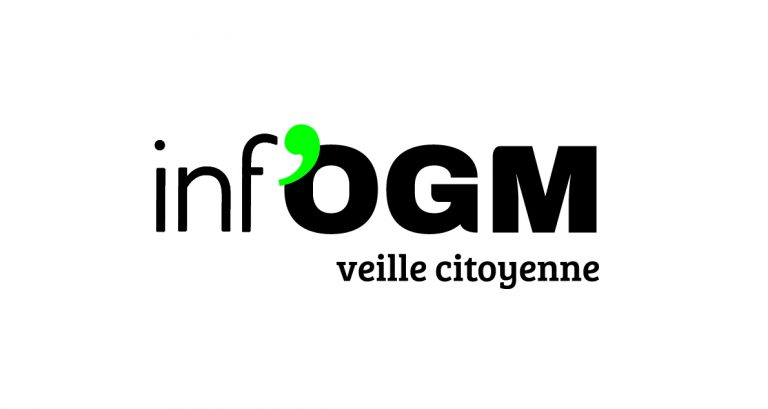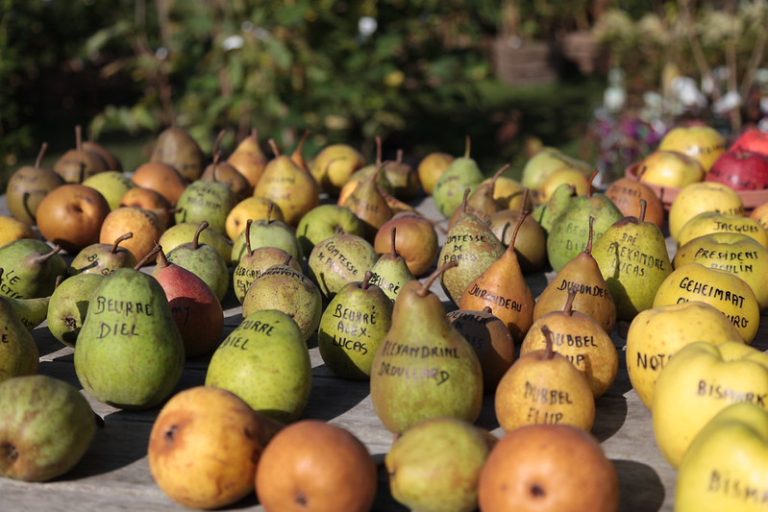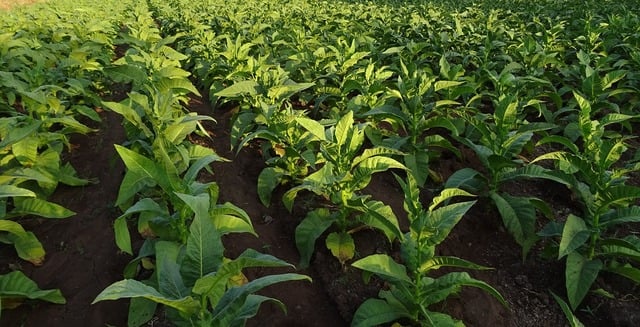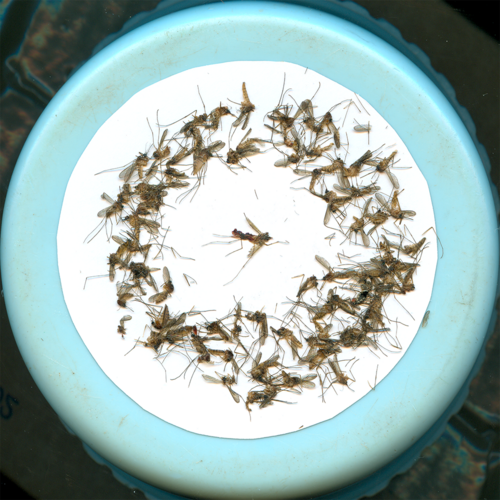
Law
New genomic techniques (GMO/NGT)
French government in favour of deregulating many GMOs
On 19 December 2025, the French government came out in favour of deregulating GMOs obtained using new techniques of genetic modification (NGT). Having previously abstained, it has, according to our information, changed its position following a commitment made by the European Commission. This commitment, which has not yet been made public but which Inf’OGM has been able to read, does not, however, add anything to the provisional text proposed to deregulate GMOs. France’s position has enabled a qualified majority of Member States to be reached on a text that, furthermore, does not provide for any risk assessment of GMOs obtained using new techniques and classified in category 1, any labelling or traceability of these GMOs, or any environmental monitoring.

Law
Analysis / Detection
The deregulation of GMO microorganisms is underway
A proposal for a directive made by the European Commission on 16 December 2025 calls on Member States and the European Parliament to deregulate the marketing of genetically modified bacteria, yeasts, viruses and other micro-organisms, including transgenics. According to the Commission, the aim would be to allow companies to market these GMO microorganisms (GMMs) under lighter or even no rules. This would involve an “adapted” health and environmental risk assessment, an end to traceability, an end to environmental monitoring… Following the plants, the deregulation of GMOs is therefore continuing, this time with microorganisms, with perhaps the animals next in line in 2026.

Transparency & Cie
GMOs, seeds, pesticides, transparency… European law under attack!
In less than two weeks, between 10 and 19 December, 2025 ended with a rather unprecedented offensive by the European Union authorities against several European texts protecting the environment, health and citizens’ rights. GMOs, pesticides, seeds, corporate responsibility… everything is being called into question in order to “simplify” life for businesses in Europe. Faced with this frenetic pace, Inf’OGM continues its watchdog work, which is essential for public debate, the proper functioning of democracy and the protection of life, by providing accurate, rigorous and reliable information.

Law
Patents
The Council of the EU wants to maintain the patentability of GMOs/NGTs
On 19 December 2025, in a still provisional text, the Council of the European Union maintained the patentability of GMOs derived from new genetic techniques (NGT). To this end, it relied on existing law and called for voluntary, but non-binding, commitments, without taking into account the impact on farmers and small seed producers. This text still needs to be validated, amended or rejected by the European Parliament, which had voted against these patents in 2024 and will have to take a position in 2026 without being able to propose new amendments.

Law
Biodiversité cultivée
Agricultural biodiversity at risk with new seed regulation
On 10 December 2025, the Council of the European Union approved a mandate to begin negotiations with the European Parliament on a new seed regulation. Many civil society organisations have criticised the draft regulation for failing to protect small and medium-sized breeders, seed producers and farmers. They are calling for a diverse seed market, the implementation of farmers’ rights to seeds and guaranteed access to varieties suited to their farming systems.

Inf’OGM pays tribute to Arnaud Apoteker
It is with deep sadness that we learned of the passing of Arnaud Apoteker on Friday, 9 January 2026. Arnaud was a very important figure in the history of Inf’OGM. Founding member, he remained on the Board until 2025.

Health
Field trial
New GMOs to produce medicines tested in Spain
Near Valencia (Spain), in Polinyà del Xúquer, a trial of genetically modified tobacco to produce a molecule of therapeutic interest has been authorised. This tobacco has been modified using genetic modification techniques presented as new (NGT). The two partners in charge of the trial, the company MadeInPlant and the agricultural union AVA, declared the trial in December 2024, in accordance with Directive 2001/18 governing GMOs, even though they claim that this tobacco is not a GMO but an NTG plant.

Gene drive
Despite pitfalls and dangers, gene drive is still on the table
In September 2025, the French Academy of Sciences published a summary of the risks it identified as being associated with gene drive. This technique, which emerged around ten years ago, presents a variety of potential dangers and is uncontrollable. As a result, it has not yet been deployed in the wild. However, the current context is very conducive to its development and the precautionary principle is under threat.

New genomic techniques (GMO/NGT)
Qualified majority in the Council of the European Union to deregulate numerous GMOs
On Friday 19 December, the Member States meeting within the Council of the European Union reached a qualified majority agreement on a text to deregulate many GMOs. This text, negotiated two weeks earlier between representatives of the European Commission, the European Parliament and the Council, proposing broad deregulation of GMOs obtained through new techniques of genetic modification, has finally convinced a sufficient majority of States. The European Parliament is now due to consider it in January 2026.

